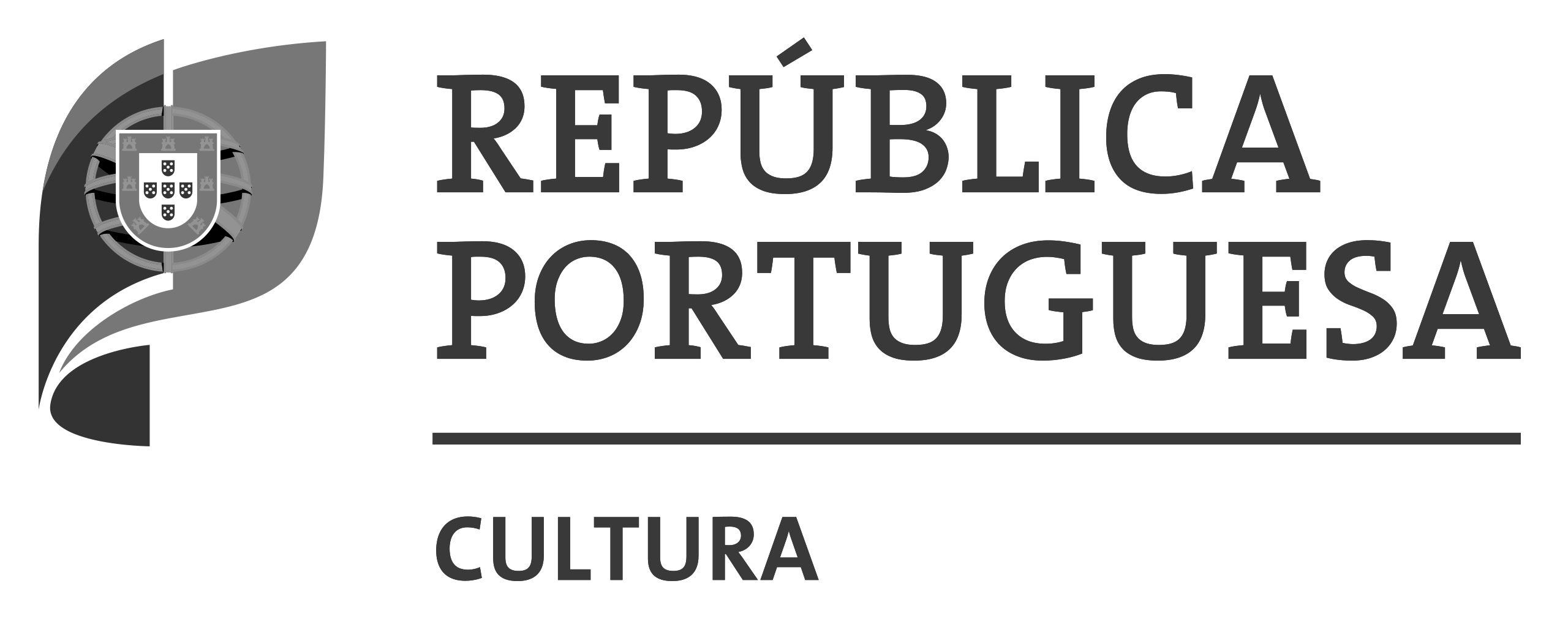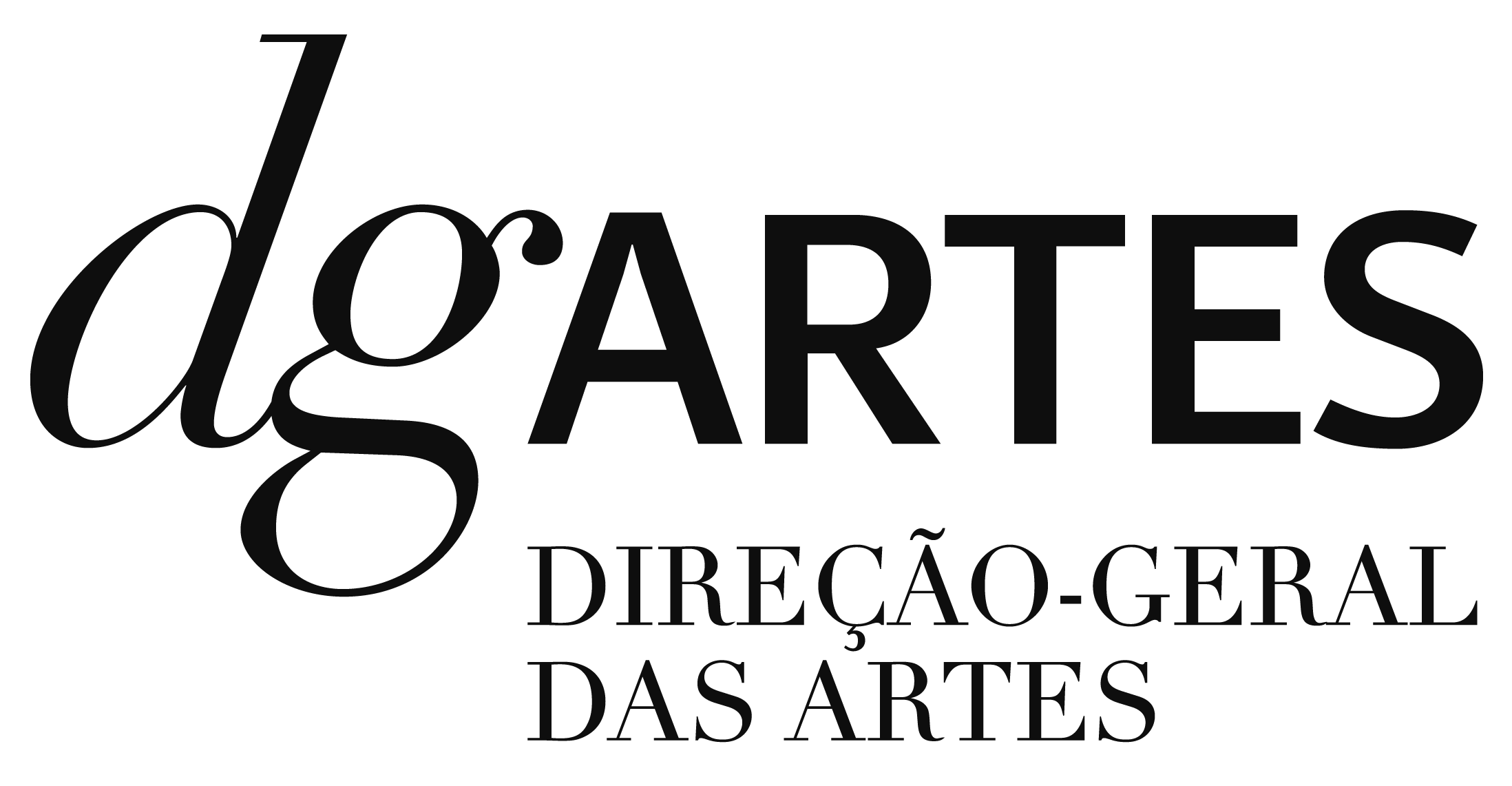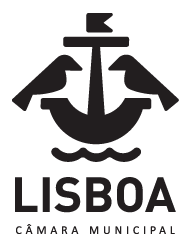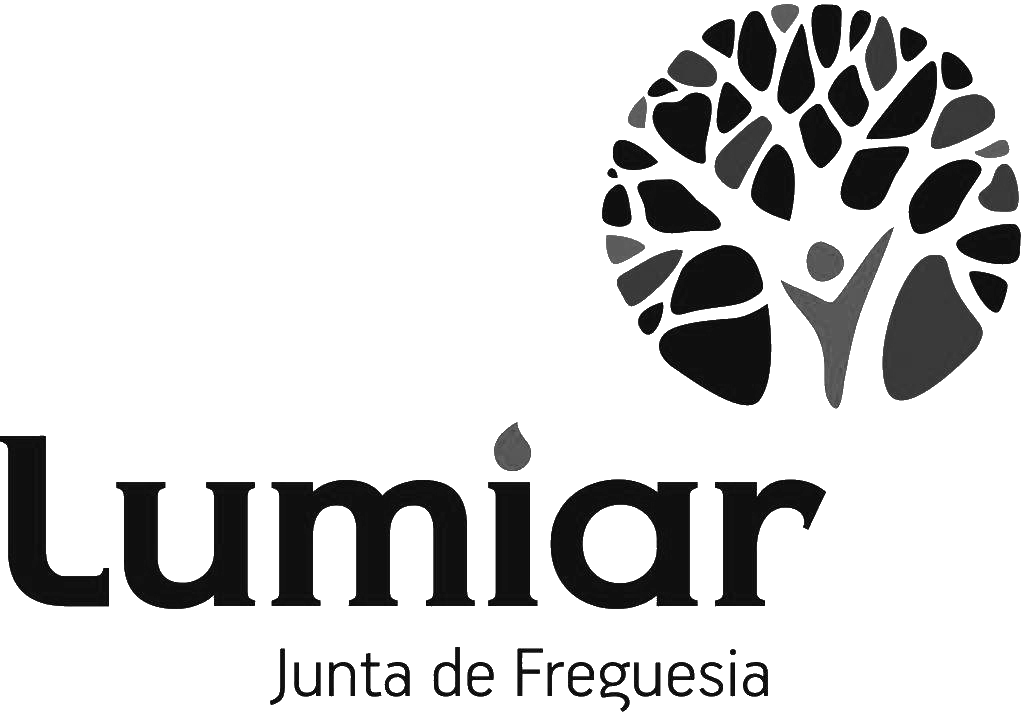
Past exhibition at Lumiar Cité:
MARIA THEREZA ALVES
On the Importance of Words,
A Sacred Mountain (stolen) and the Morality of Nations
17.12.2009-24.01.2010
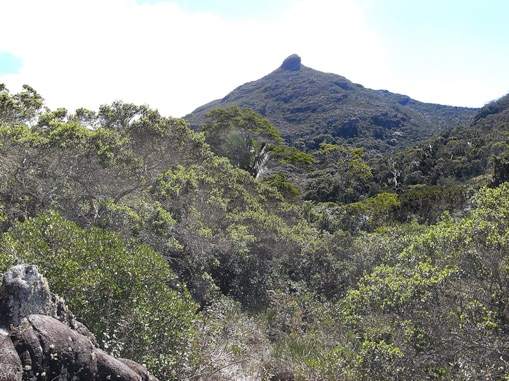
botoque -
n. m. disk that some wild people use in their ears, nose or lips, as adornment. (From batoque, "thick cork").
Dicionário da Língua Portuguesa, 7th Edition, Porto Editora, 1997
It was a clear and direct question, without any artistic intention: we need a German person who speaks Portuguese; a request made in an e-mail sent by Maria Thereza Alves. They urgently needed the translation from German to Portuguese of the dictionary of an indigenous language spoken by the Krenak people, known - with prejudice and without respect - as Botocudos (from "batoque") at that time of their "discovery" by colonisers. The 'adornments' used by the Krenak have a philosophical and poetic context: the disks used to extend their ears emphasised listening, the lip disks hinder speech, thus allowing them to here better, and the circles painted round their eyes suggest the need to see better ...
It was at the end of 19th century that a German apothecary in Brazil, Bruno Rudolph, managed to fraternise with the survivors of the Krenak people, not only learning their language but also writing a unique Krenak-German/German-Krenak dictionary (Wörterbuch der Botokudensprache), surprisingly published in 1909 by a Hamburg publisher. Questions may be raised about who would buy it in the early 20th century in Germany (at that time still a colonial Empire), but today this book contains precious knowledge of the Krenak language, or rather this German book contains extensive Knowledge of a disappearing language. The Encylopedia of the World's Endangered Languages (Christopher Moseley) notes: "Only women over forty-five years of age still speak the language. Men, youngsters and children have all switched to Portuguese. The language is to be considered seriously endangered with perhaps 10 speakers out of an ethnic group of 150 people (1997)."
After agreeing with the idea of translating into modern (Brazilian) Portuguese the German part of the Bruno Rudolph's 1909 dictionary, thus helping the Krenak to access part of their language, the Maumaus School in Lisbon received the original book in a digital form. We soon realised that amount of work necessary to translate the whole German part and also to reorganise the book as a Krenak-Portuguese/Portuguese-Krenak dictionary would only would feasible with the possibility of including this ambitious project in the programming of the Lumiar Cité space, through an exhibition by Maria Thereza Alves. Public funding from the Portuguese Government (the successor of the colonial empire), through an arts subsidy from the Ministry of Culture/Directorate General of Arts enabled this exhibition to be produced. In this framework, it has not only been possible to publish the dictionary as an essential part of Maria Thereza Alves's exhibition, but synergies have also been created with the Artist Residency Programme – essential for the careful production of the book and the exhibition – and with the Independent Study Programme in Visual Arts at the Maumaus School, in which the artist is involved as a guest.
In January 2010, this exhibition will launch the Krenak-Portuguese/Portuguese-Krenak dictionary, developed in close collaboration with Shirley Krenak, Douglas Krenak, Tam Krenak and Maria Thereza Alves. This publication includes texts by Shirley, Douglas, Tam and the artist, and also includes Portuguese translations of the Preface written 100 years ago by the editor of the German publication, Eduard Seler, as well as the introduction written in 1903 by Bruno Rudolph in Teófilo Otoni/Minas Gerais, in Brazil, which explains how to pronounce the Krenak language.
In this exhibition, Maria Thereza Alves creates a study and working space, where, in the initial stage of the installation, she will be seated at a table in front of a bookcase "publicly" concluding the final revision of the translation (a translation done with support from Goethe- Institut Portugal and Kennistranslations). To finish the installation, the bookcase is filled with a printing of 1000 copies of the dictionary, 600 of which, after the exhibition closes, will be offered to Krenak communities in Aldeia Krenak and in São Paulo (postage costs to be paid by the Instituto Camões).
The exhibition name refers to the current living circumstances of the Krenak people, prevented by the Brazilian government from accessing the geographic area they claim as their sanctuary. The first part of the exhibition, at Gallery entrance, shows materials and an image on the glass façade, in a politically charged reference to the precarious lives of the Krenak people, calling on exhibition visitors to support the cause.
In the background of the exhibition space, Maria Thereza Alves presents the film Iracema (De Questembert), commissioned from the artist by the Lyon Biennial 2009, the co-funding of which enabled Shirley and Tam Krenak to travel to Portugal, not only for the preparation of the dictionary and for teach on the Maumaus School Study Programme but also to visit Portuguese institutions of crucial importance for the history of the Krenak: Torre do Tombo (national archives), Arquivo Ultramarino and the Museum of Ethnography.
Shirley Krenak plays the main character in the film, an indigenous woman who travels from her land in Brazil to claim an inheritance in France, a fortune that she only receives after taking the case to court and which she eventually uses to found an Institute of Arts and Science - as Maria Thereza Alves uses her art to create greater knowledge of unknown stories.
Lisbon, December 2009
Jürgen Bock
Maumaus
Avenida António Augusto de Aguiar, 148 - 3º C
1050-021 Lisboa, Portugal
Monday to Friday, 10h00 to 13h00,
14h30 to 19h00
Tel: + 351 21 352 11 55
maumaus@maumaus.org
Upcoming:
Manthia Diawara
AI: African Intelligence
mumok, Vienna
12.03.2026
ARTIUM museoa, Vitoria-Gasteiz
14.03.2026
The lecture will be in English. Entry is free and limited to the number of seats available.
Upcoming:
Manthia Diawara
Angela Davis: A World of Greater Freedom
Batoto Yetu Portugal, Caxias
Screening | 15.11.2025 | 14h30
The lecture will be in English. Entry is free and limited to the number of seats available.
Upcoming:
Howard Singerman
Local Art Worlds (or Imaginary Geographies with Real Effects)
Goethe-Institut, Auditorium
Seminar | 24, 25, 26.06. 11h – 13h, 14h – 16h
Registration is free but limited to the number of seats available. Please send an email with a short CV to admin@maumaus.org by 15.06.2025. Confirmation of registration will be sent by email. The seminar will be in English.
Lumiar Cité
Rua Tomás del Negro, 8A
1750-105 Lisboa, Portugal
Wednesday to Sunday, 15h00 to 19h00
or by appointment.
Tel: + 351 21 755 15 70
lumiar.cite@maumaus.org

Maumaus/Lumiar Cité is funded by República Portuguesa – Cultura, Juventude e Desporto/Direção-Geral das Artes. With the support of Câmara Municipal de Lisboa and Junta de Freguesia do Lumiar.
